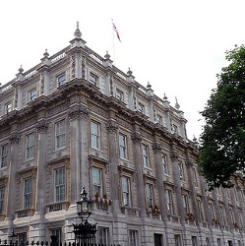The Cabinet Office has opened a consultation into the regulation and timescale of the conversion of charities into charitable incorporated organisations.
CIO status gives organisations the benefit of charitable status, while conferring limited liability and legal personality, without having to register with Companies House.
Provision for CIO status was included in the Charities Act 2011 and introduced as a legal structure in 2013 but the implementation has been delayed by the requirement for new regulations.
The Charity Commission has allowed new charities to register as CIOs since 2013 and last year the regulator revealed that almost half of all new charity registrations opted for this form. However existing charities have until now not been able to convert.
Organisations which will be able to apply to convert to CIO status include charitable and non-charitable companies limited by guarantee, community interest companies, and charitable industrial and provident societies.
Draft regulation proposed today, includes restrictions on which charitable otganisations can apply for CIO status, including those that have failed to file accounts or those whose company directors are in default of requirements to send information for the Commission.
The Cabinet Office has also proposed a provisional timescale to assist the Charity Commission in managing the anticipated demand for conversion.
The timetable will see charitable companies with an annual income greater than £500,000 convert to CIO status by 1 October 2016; those with an annual income of between £250,000 and £500,000 in December 2016; those with incomes of between £100,000 and £250,000 in February 2017; between £25,000 to £100,000 in April 2017; and those with lower incomes of less than £25,000 in July 2017.
Respondents to the consultation can submit a response or an enquiry via email to [email protected]. For further information on how to respond, click here.










